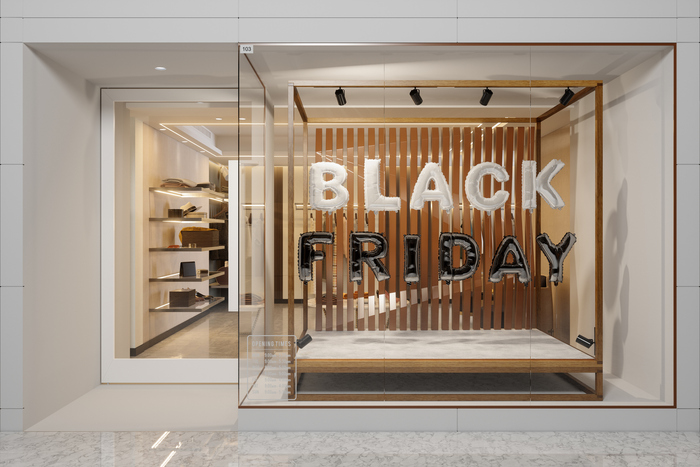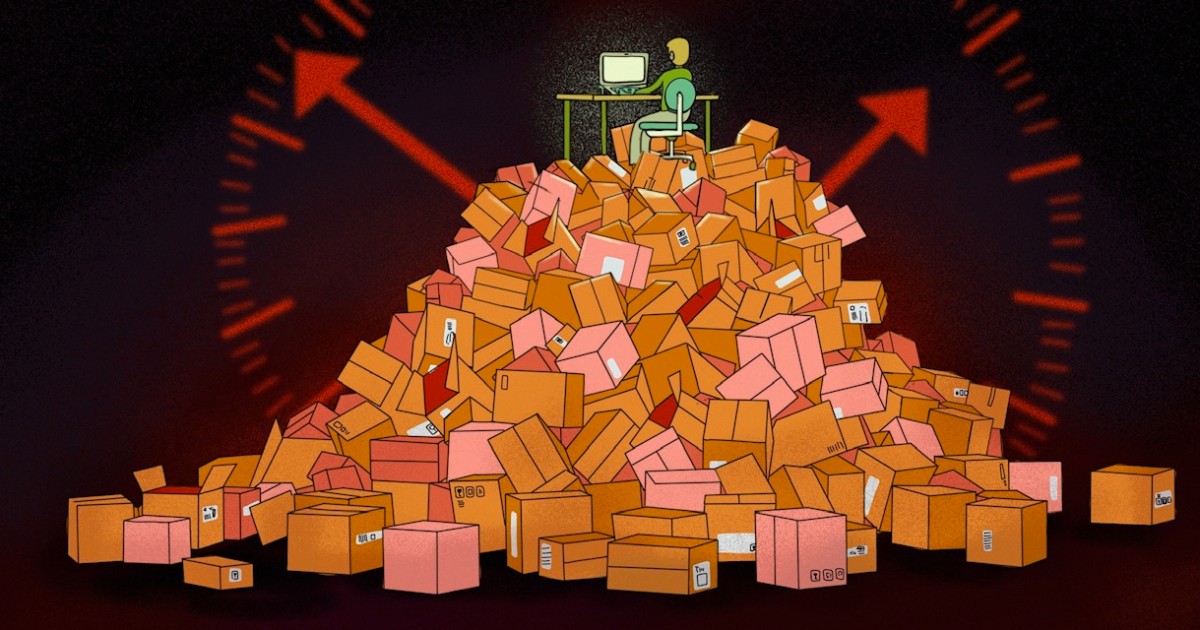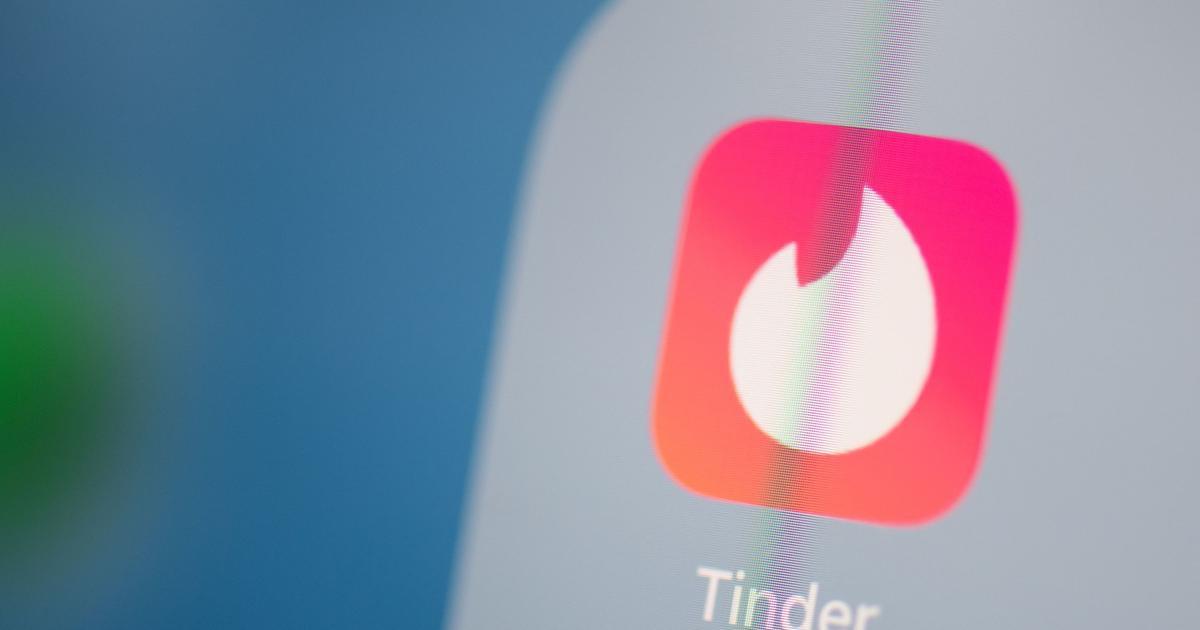Black Friday (an American consumerist invention, falls on the day after Thanksgiving, this year on November 25, 2022), followed by Cyber Monday, followed by Christmas and Epiphany gifts and then again by the summer and winter sales: opportunities to buy items of any kind at a better price.
Many consider these annual appointments the perfect moment to indulge in some personal whims, others take the opportunity to anticipate some gifts for friends and relatives.
Impossible or almost not to follow the siren song of shopping.
But while these initiatives may seem beneficial, they often prove fertile ground for the development of
compulsive shopping disorders
, a problem that already affects between 1% and 11.3% of people.
What are the characteristics and how can you control the desire to buy impulsively and frequently?
What is oniomania and how to recognize it
Compulsive buying syndrome, also known as oniomania, is a persistent maladaptive and impulsive shopping behavior that arises from a sense of anxiety and dissatisfaction and which causes harm to both the sufferer and to who surrounds him.
The disorder, which mostly affects young people between the ages of 18 and 30, is common in people who have been diagnosed with an anxiety disorder, have impulse control problems or suffer from mood disorders, as well as in those who have low self-control, high insecurity, and a negative self-image.
The mechanism underlying the compulsive buying syndrome is very similar to that of addictions.
Sufferers feel a sense of "urgency" that reduces their self-control and prompts them to buy to ease their insecurity, anxiety, or distress.
The transaction usually generates a sense of instant gratification that helps them release tension.
The problem with this coping mechanism consists in the short duration of this feeling of calm and reassurance, which tends to disappear quickly, leaving room for remorse and guilt for having succumbed to temptation.
In a nutshell, it is a self-destructive cycle that not only tends to generate anxiety, irritability or depression, but can profoundly affect self-esteem and interpersonal relationships,
In many cases it is necessary to resort to the professional support of a psychologist to overcome this behavior which, like all addictions, risks negatively affecting one's life.
The psychological component of compulsive shopping and the advice of TherapyChat
The buying process is very complex: according to Philip Kotler, the father of modern marketing,
it all starts when we recognize that we have an unsatisfied need or a problem to solve.
At this point, our prefrontal cortex, the brain structure where our thoughts come to life, is in charge of rationally evaluating our need to purchase something that satisfies our need, while our limbic system, especially the amygdala which is responsible for our emotions, regulates our impulses and desires.
In compulsive buying, the pleasure response mechanism continually comes into play, leading the person to try to "compulsively" resolve the sense of anxiety he feels, which is lessened by the act of buying.
However, there are
times when the limbic system declares a kind of "state of urgency"
and appropriates all available resources, shutting down the prefrontal cortex.
At that point, emotions cloud our judgment and prevent us from thinking clearly.
In other words, we are left at the mercy of our basic instincts and unsatisfied desires.
This leads us to buy objects that we like and that can give us momentary comfort, but that we don't really need.
Most of us think we're invulnerable to advertising and persuasive offers designed to motivate us to buy, but
in reality we're more exposed than we realize.
How many times have you gone to the supermarket to buy milk for breakfast and end up taking home sweets, grapes or cheese because they were on offer?
Our limbic system often plays tricks on us, but fortunately there are some strategies to bring rationality under control and limit the impulse to buy.
●
Plan ahead
.
Taking a look around your house and making a list of things you need can be one way to avoid impulse buying during Black Friday.
The list must include the essentials and only what is needed, without frills or extras.
Ideally, do this well in advance so that you can review the list a day or two in advance and delete any unnecessary entries.
Once reviewed, stick with it.
●
Establish a budget.
Setting a shopping budget for Black Friday (or other occasions like sales) can help you avoid unnecessary purchases that you may later regret.
To make a realistic budget, set an approximate price for each item.
Set a spending limit and avoid exceeding it, even when faced with an irresistible offer.
●
Pay attention to emotions when shopping
.
Being aware of your emotions when buying can help you regain control of the situation and avoid unnecessary purchases.
If you're feeling anxious, elated or stressed, take some time to relax before continuing with the shopping process.
Get up, have a drink, breathe consciously, turn off the computer.
Once you've self-checked, you can evaluate whether or not you need to continue with the purchase and why.
●
Focus attention on what you are looking for
.
We often buy more than we intended to buy because other offers have caught our attention.
To prevent this from happening, focus only on the items you need and avoid getting distracted with other products.
●
Buy together
.
Shopping with a partner, friend, or family member can help control impulsive behavior and avoid unnecessary purchases.
Be honest with this person and ask them to help you adjust your buying intentions.
That way, you'll think twice before buying things you don't need.











/cloudfront-eu-central-1.images.arcpublishing.com/prisa/S7ERVSCT4FUVX6R7TUVBDNTH5Y.jpg)


